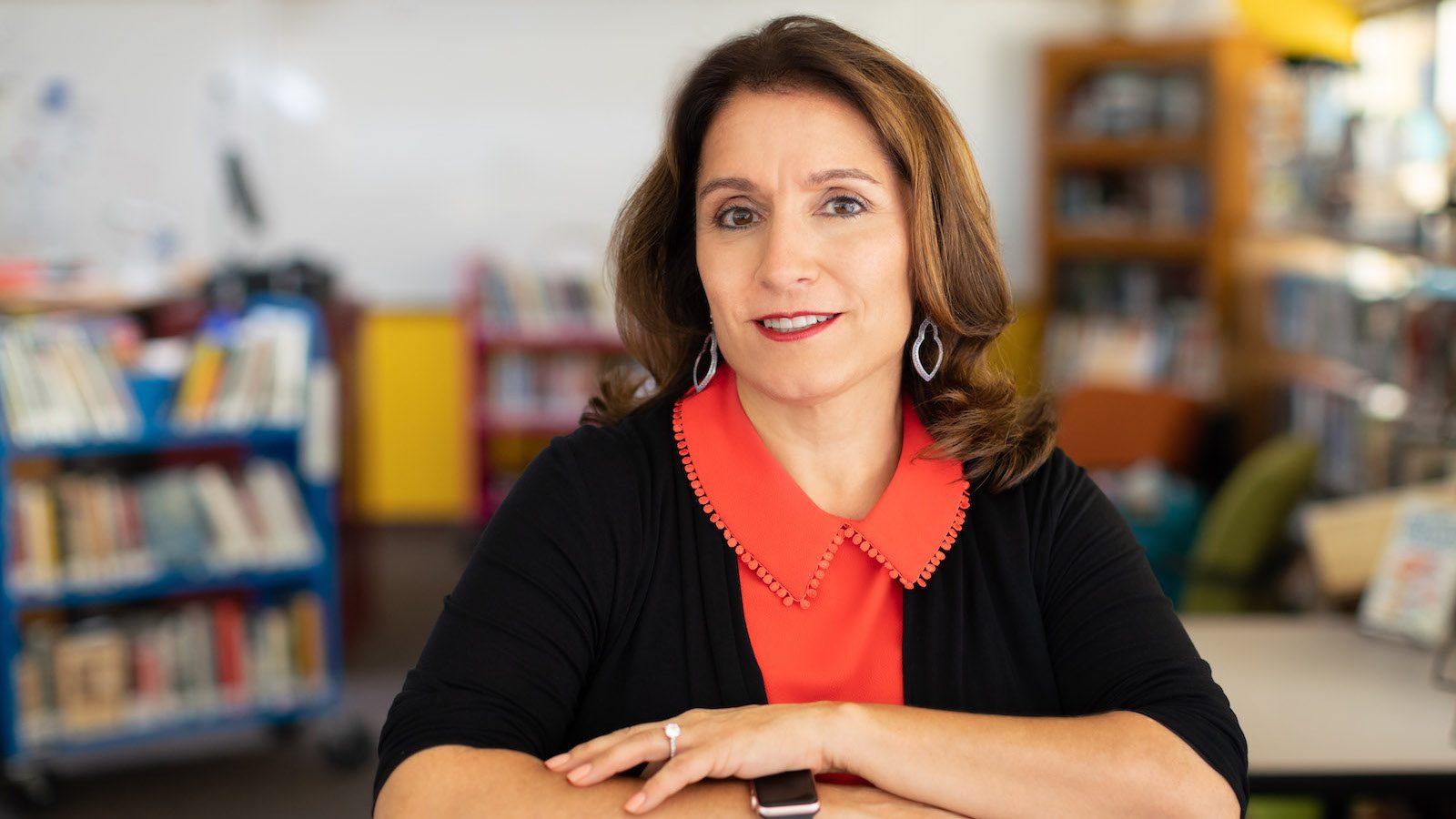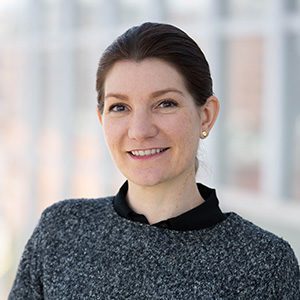State Education Commissioner Susana Córdova on Tuesday highlighted the value of work-based credentials and concurrent enrollment opportunities as she discussed Gov. Jared Polis’ plan to blur the lines between education and industry.
During Tuesday’s Fireside Chat series with Metropolitan State University of Denver President Janine Davidson, Ph.D., Córdova emphasized the importance of two- and four-year degrees in creating more pipelines from schools to careers. MSU Denver has for years been embracing programs that help prepare students for the modern workforce, and Davidson has said that the University plans to double down on that founding mission.
Córdova said higher education is a key component of Polis’ initiative, known as the “Big Blur,” which gives prospective students career-exploration tools and builds knowledge of and excitement around continuing their education.
“I think (the Big Blur) is 100% the future of education,” Córdova said. “The issues of kids feeling disconnected, invisible … those issues are mitigated when they have the opportunity to see their learning in a relevant, work-based environment.”

Córdova also spoke about education, leadership and community. She recounted her experiences at Denver’s Lincoln High School and the University of Denver, where she was a first-generation college student.
“There was this undercurrent in school that to be a good student meant you didn’t look like me, you didn’t look like my parents, you didn’t want to stay in your neighborhood,” Córdova said. “Those are really challenging messages for young people. That’s why I think programs like Call Me Mister are so important, because I never got to see teachers who looked like me or to have educational opportunities that reflected my personal experiences.”
Córdova’s first encounter with Chicano literature during her undergraduate studies inspired her to become a teacher.
“I wanted students to get a different message about what it means to be educated, which is that you can be a better version of yourself, you can stay in your community and you can improve it,” she said. “It doesn’t mean you have to negate aspects of your identity to get educated.”
Córdova later enrolled at MSU Denver to complete her teaching license and calls her time as a Roadrunner “absolutely transformational,” allowing her to join a diverse community of learners and peers.
“It was the first time I got to see people on a similar journey and felt connected,” Córdova said.
She also discussed her belief in the power of failure; refocusing the emphasis on learning over grades or test scores; how to mitigate the educational, social and mental health impacts of Covid-19 on students; addressing educator turnover and shortages; crisis management; and her experiences as a Latina leader.
Learn more and hear Cordova’s advice for emerging educators in the event recording.


